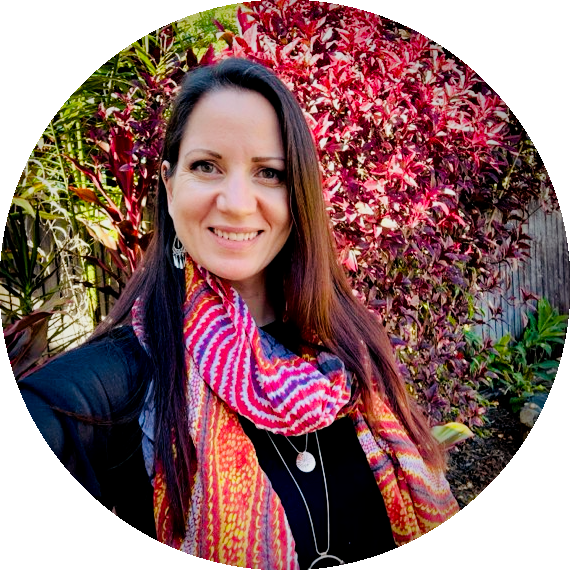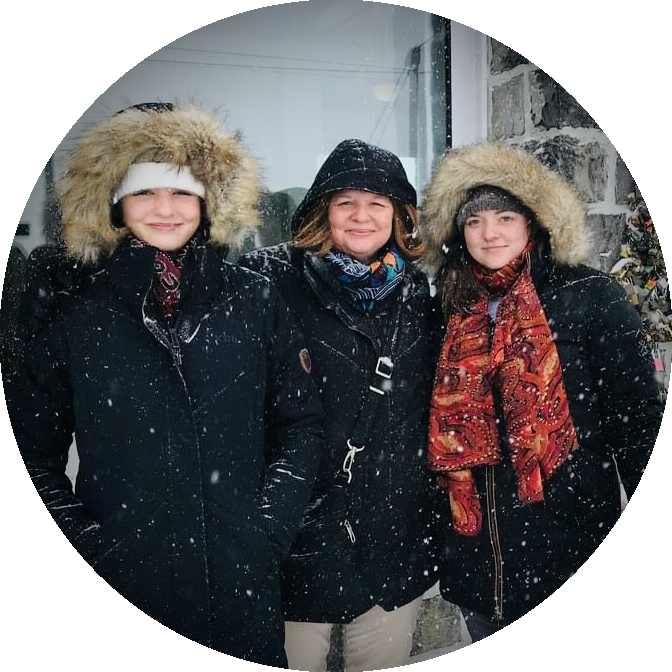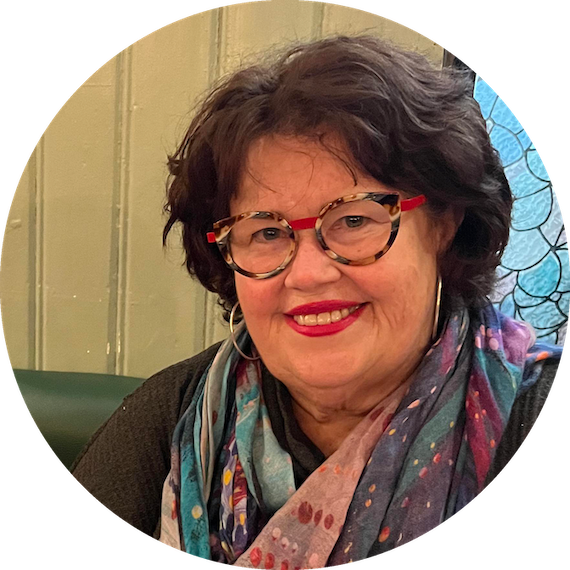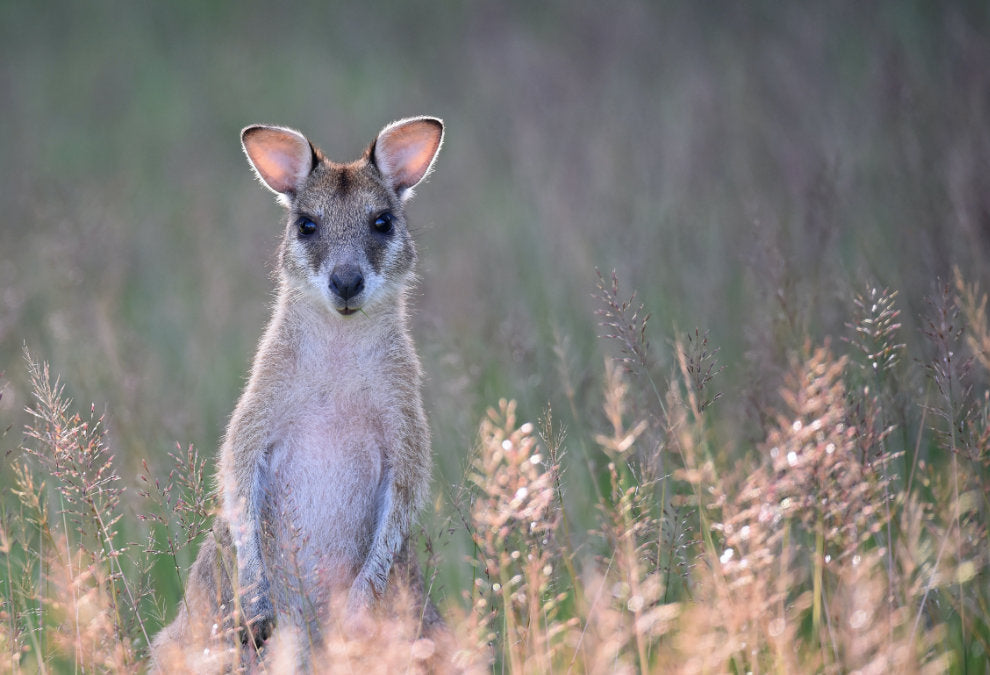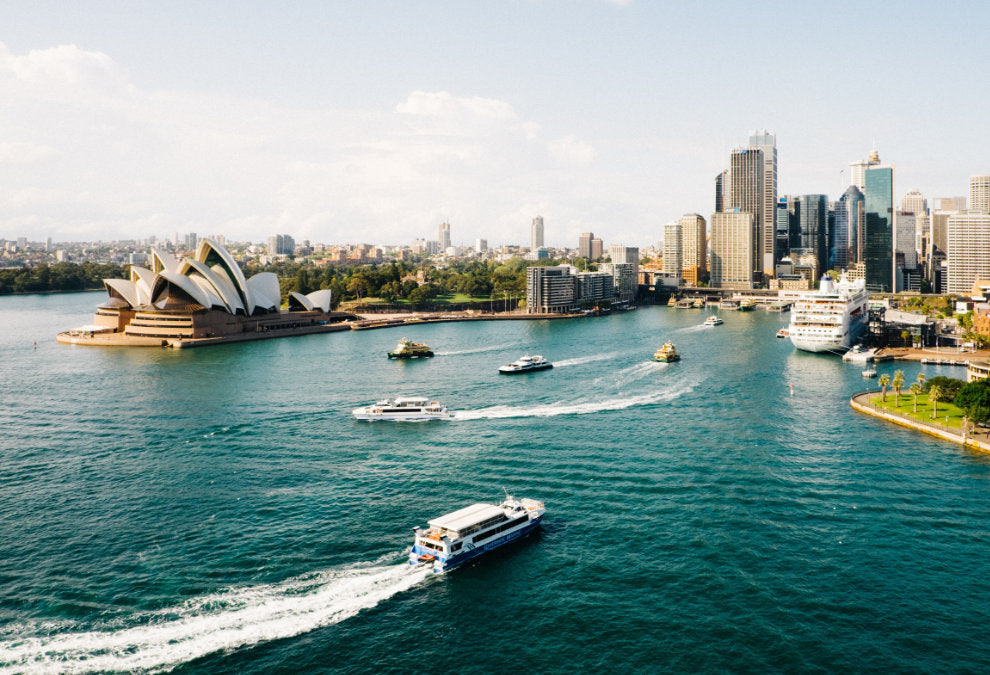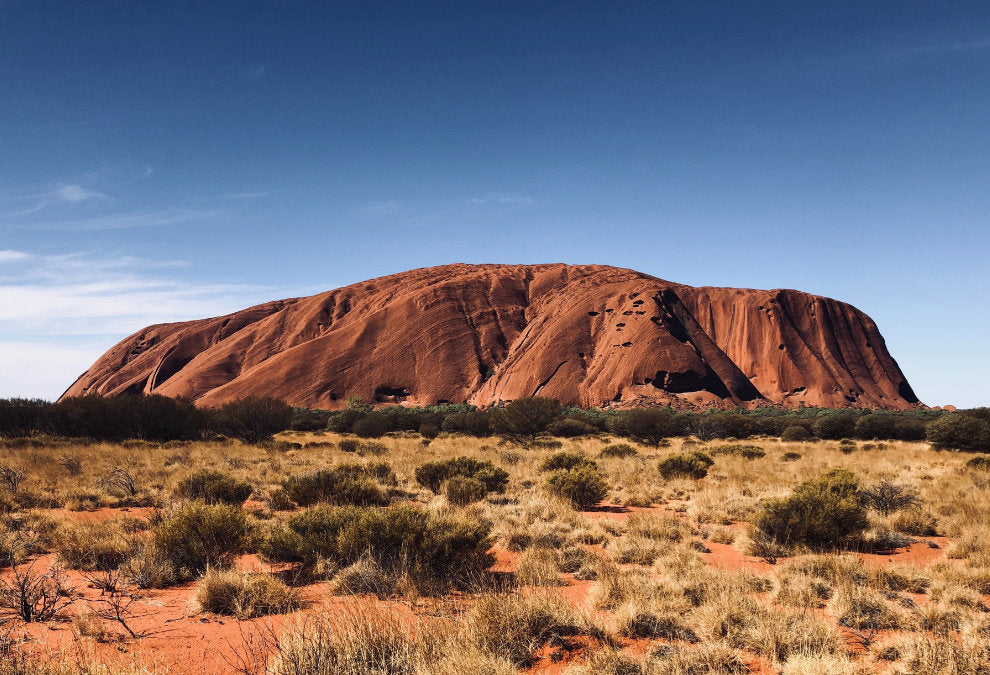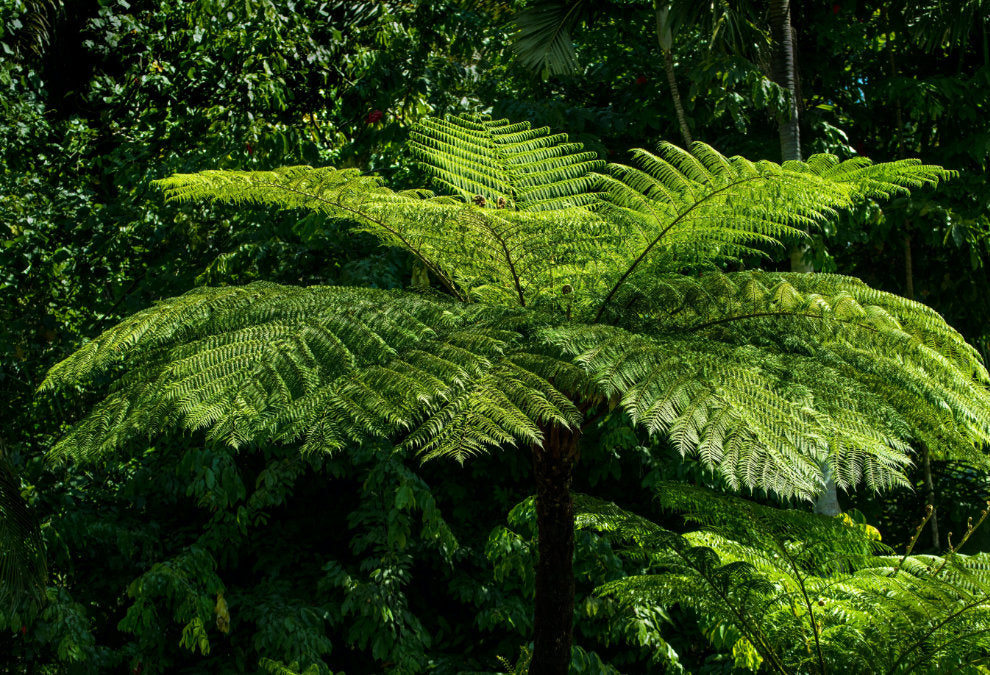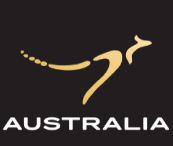
Significant Dates for Indigenous Australians in February
In February, we remember far-reaching moments that have shaped Indigenous Australian history, reflecting both resilience and challenges. From acts of resistance and cultural milestones to moments of political significance and athletic triumphs, these dates highlight the diverse and enduring contributions of Australia’s First Nations people.
3 February 1892 - Fish Creek, Nicholson River Massacre
The Fish Creek, Nicholson River massacre occurred in February 1892 in the Borroloola police district of the Barkly Tablelands region, Northern Territory (then South Australia). Pastoralists led reprisals against Aborigines, blaming them for the deaths of two white men. Researchers from the University of Newcastle have identified two main massacre sites, Corella Creek, Bowgan and Fish Creek, Nicholson River, where at least 60 Garawa Aboriginal people, including women and children, were killed.
5 February 1999 – Senator Neville Bonner passed away
Neville Thomas Bonner AO was the first Aboriginal Australian to serve in the Australian Parliament. Bonner was born on 28 March 1922 on Ukerebagh Island in the Tweed River on the New South Wales – Queensland border. His maternal grandmother was a member of the Ugarapul people of the Logan and Albert Rivers, while his maternal grandfather was a fully initiated member of the Yagara people of the Brisbane River. Bonner's mother died in 1932, when he was ten years old. His maternal grandmother moved him and his siblings to Beaudesert, Queensland, where in 1935 he completed his only year of formal education at the Beaudesert State Rural School. Bonner married Mona Banfield in 1943, in a Catholic ceremony at the Palm Island mission. The couple had five sons and fostered three daughters.
Bonner joined the Liberal Party in 1967 and was appointed to the Senate in 1971, winning subsequent elections until 1980. Bonner's political career saw him frequently challenge party lines, notably opposing drilling in the Great Barrier Reef in 1981. Despite Bonner’s standing as a Senator in the Australian Parliament, he faced racial discrimination, as exemplified by a 1978 incident at a hotel in Mount Isa where a barmaid refused him service telling him, “We don't serve darkies here".
12 February 1965 - The Freedom Ride began
The 1965 Freedom Ride, led by Aboriginal activist, Charles Perkins, aimed to expose racial discrimination in Australia. Inspired by the American Civil Rights Movement, University of Sydney students formed the Student Action for Aborigines group. They travelled through New South Wales towns, encountering segregation and facing violence. The ride spotlighted officially sanctioned discrimination, preceding the 1967 referendum removing discriminatory sections from the Constitution.
The ride visited towns like Walgett, Moree and Kempsey where conflicts occurred at places like public swimming pools, where Aboriginal children were denied entry. The event gained national and international attention, exposing racial segregation in Australia. The Freedom Ride remains a significant milestone in the Aboriginal civil rights movement, inspiring activists and raising awareness about Australia’s history of systemic discrimination against its First Nations people.
13 February 2008 - National Apology to the Stolen Generations
Prime Minister Kevin Rudd delivered a historic apology in Parliament to the Stolen Generations and Indigenous Australians for the government's policies of forced removal and assimilation. These policies, enacted for much of the 20th century, caused profound trauma, separating children from their families and eroding cultural identity.
The apology marked a watershed moment in Australia's reconciliation journey, acknowledging the suffering inflicted on First Nations peoples and formally committing to healing and justice. It fostered a national dialogue about truth-telling, reparations and recognition, paving the way for deeper conversations about Australia’s colonial legacy and the path toward equality.
15 February 2004 - Redfern Protests
Widespread protests erupted in the Sydney suburb of Redfern following the death of 17-year-old Thomas (TJ) Hickey. Hickey's death, occurring after a collision with a fence while riding his bicycle, sparked community outrage. Police uphold it was an accident, but Hickey's family still stand by their claim that eyewitnesses saw the teen being chased by two police paddy wagons. They allege one of the vehicles clipped Hickey’s bicycle, causing him to be propelled onto the fence where he was impaled and sustained penetrating injuries to his neck and chest.
TJ Hickey died the day after the incident, early on 15 February 2004 in the Children’s Hospital at Randwick with his family by his side. News of Hickey’s death led to angry demonstrations in the streets of Redfern. Hickey's family has persistently called for a parliamentary inquiry into the circumstances surrounding his death.
16 February 1973 – Cathy Freeman born
Catherine Astrid Salome Freeman was born at Slade Point, Mackay, Queensland. Her father, a Birri Gubba man was born at Woorabinda, a former Aboriginal mission in Central Queensland, and her mother, a Kuku Yalanji woman was born at Palm Island, a former Aboriginal mission in North Queensland.
Freeman made history as an Olympic medallist track athlete, specialising in the 400 metres sprint event. Her personal best of 48.63 seconds places her as the eighth-fastest woman of all time, achieved during the 1996 Olympics. She became the Olympic champion for the women's 400 metres at the 2000 Summer Olympics, famously lighting the Olympic Flame during the opening ceremony and carrying both the Aboriginal and Australian flags after her victory.
Freeman's achievements extend beyond the Olympics; she was the first Indigenous Australian to win a Commonwealth Games gold medal at age 16 in 1990. Throughout her career, she clinched numerous victories, including gold medals at the 1994 Commonwealth Games and the 1997 World Championships. Despite an injury forcing a break from competition in 1998, Freeman returned stronger, securing a first-place finish at the 1999 World Championships.
Freeman retired from athletics in 2003. Her accolades include being named Young Australian of the Year in 1990, Australian of the Year in 1998 and receiving the Medal of the Order of Australia (OAM) in 2001. Freeman was inducted into the Sport Australia Hall of Fame in 2005. She married James Murch in 2009 and the couple welcomed their first child in 2011.
Freeman founded the Cathy Freeman Foundation in 2007, dedicated to closing the education gap between Indigenous and non-Indigenous Australian children. On 10 October 2023, Freeman joined 25 Australians of the Year in supporting the Yes vote in the Indigenous Voice referendum.
25 February 1825 - Execution of Musquito, Aboriginal resistance leader
Musquito, of the Gai-Mariagal clan of the Dharug people was born around 1780 in the Hawkesbury River area of New South Wales. He led resistance against British colonists in the early 19th century. Arrested in 1805 and exiled to Norfolk Island, he was later transported to Van Dieman's Land (Tasmania).
Musquito was charged with aiding the murders of a farmhand and a servant in 1824, found guilty, and hanged on 25 February 1825.
Historians debate his involvement in the murders, and his execution fuelled further Aboriginal resistance, escalating into the Black War.
The Black War was a period of violent conflict between British colonists and Aboriginal Tasmanians from the mid-1820s to 1832 that precipitated the near-extermination of the Indigenous population. It still sparks debate about whether it constitutes genocide.
26 February 1968 – Lionel Rose won World Bantamweight Title
Lionel Rose, born on June 21, 1948, etched his name in history as the first Aboriginal Australian to claim a world boxing championship title. He achieved this milestone by defeating Fighting Harada in a 15-round decision match in Tokyo on February 26, 1968. Throughout his professional boxing career, Rose secured 42 victories and 11 losses, with 12 wins by knockout. He was honoured as the first Aboriginal Australian of the Year and was appointed a Member of the Order of the British Empire (MBE) for his contributions to sports.
Transitioning to a singing career in the 1970s, Rose scored hits with "I Thank You" and "Please Remember Me". Recognised for his achievements, Rose was inducted into the Australian National Boxing Hall of Fame's "moderns" category in 2003 and elevated to "legend" status in 2010. Following retirement, he found success as a businessman until his passing on May 8, 2011.
26 February 1974 - Mungo Man discovered
The remains of Mungo Man were unearthed at Lake Mungo in south-western New South Wales. They are the oldest(human) remains found on the Australian continent. Exposed by shifting sand dunes, the body of Mungo Man was discovered as having been laid out ceremoniously with bent knees and interlocked fingers, revealing a sophisticated burial practice involving red ochre, and challenging previous timelines of Aboriginal cultural traditions. Standing at 196 centimetres (6 feet 5 inches) and estimated to be 50 years old at death, Mungo Man is believed to have died around 40,000 years ago, reshaping understanding of human occupation in Australia.
Mungo Man’s discovery had been preceded by that of Mungo Woman in 1968, another significant find indicating ancient ritual cremation practices. Subsequent archaeological finds at Lake Mungo suggest human occupation of the area dates back as far as 50,000 years ago. The Paakantji, Ngiyampaa and Muthi Muthi Aboriginal people are recognised as the traditional owners of Mungo National Park.
These dates in February commemorate significant events in Indigenous Australian history, each contributing to a narrative of resilience, activism and cultural heritage.
They remind us of the ongoing journey towards reconciliation and the importance of acknowledging and celebrating Indigenous contributions to Australia's rich tapestry of history and identity.




